8. Baby Driver (2017)
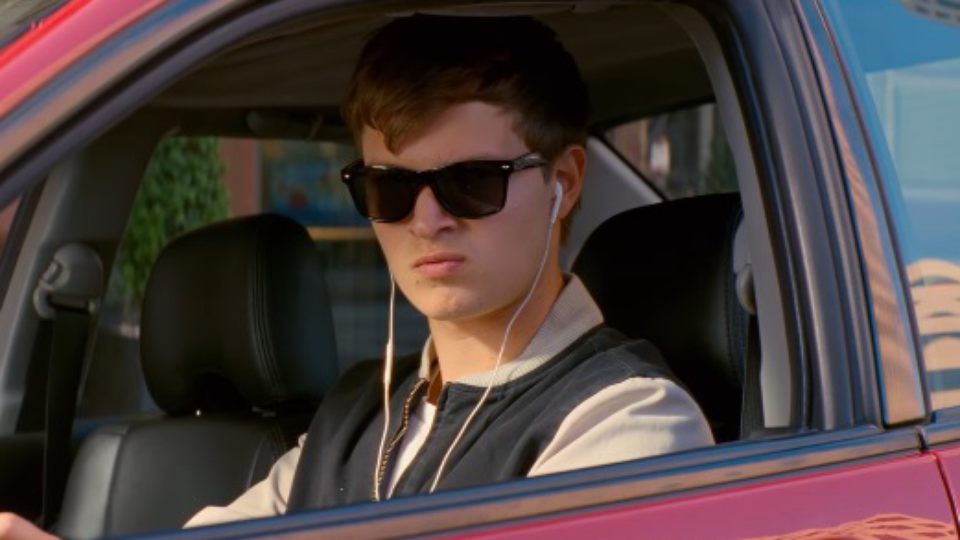
This heady heist caper from writer-director Edgar Wright is proof that an engaging genre film can appear to be a compendium of familiar clichés that can transcend type and feel fresh and exhilarated. Baby Driver, which takes its name from a Paul Simon tune, something of a passion project for Wright, erupts with imagination and color, unraveling almost like a lively musical with car chases taking the place of sweet-sounding numbers, with set piece after set piece functioning like an unpredictable showstopper.
Ansel Elgort is the titular Baby, a gifted getaway driver who depends on the propulsive beat of his personal playlist to almost supernaturally aid his frequent flights from the law. The opening evasion, meticulously choreographed, gorgeously lensed by DP Bill Pope (The Matrix), expertly edited by Jonathan Amos and Paul Machliss, cut exquisitely to the dissonant harmonic of Jon Spencer’s 1994 punk blues ballad “Bellbottoms” sets the feisty and fluid tone of the film.
Baby soon crosses paths with his dream girl, Debora (Lily James), and if he can shake the grip of Doc (Kevin Spacey), a crime kingpin to whom he’s unfortunately indebted, the young lovers might just stand a chance in this topsy, turvy, and frequently jaw-droppingly exciting world.
Perhaps Wright’s finest film to date, and certainly his most technically grand, Baby Driver is destined for well-deserved cult status. A relishible and highly recommended tour de force.
7. A Prophet (2009)
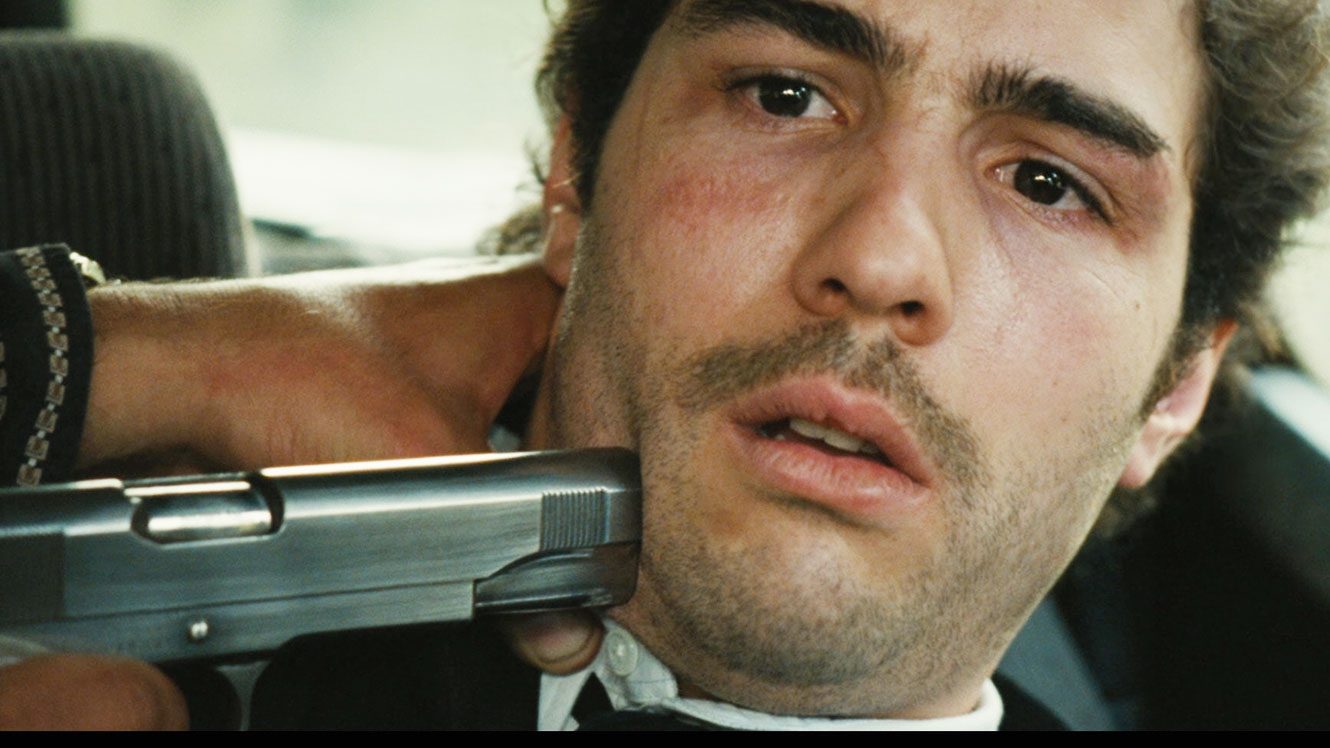
Jacques Audiard takes a bold and far-reaching look into the failures and fuckups of the French prison system in this acclaimed and unflinching crime drama. Tahar Rahim is brilliant as Malik El Djebena, a troubled French-Algerian Muslim teen who has been handed a six year sentence, who is soon taken under the wing of Cesar Luciani (Niels Arestrup), a Corsican mobster. Soon it’s apparent that A Prophet is detailing the the rise to power of Malik, and artful hues of magical realism helps to color this carefully plotted and near-perfectly tempered film.
Rarely does a genre film this painstakingly crafted and compelling show such a hardline that doesn’t feel like exploitation as Malik morphs before our eyes from delinquent to ruthless assassin and drug trafficker. Potent, powerful stuff.
6. Drive (2011)
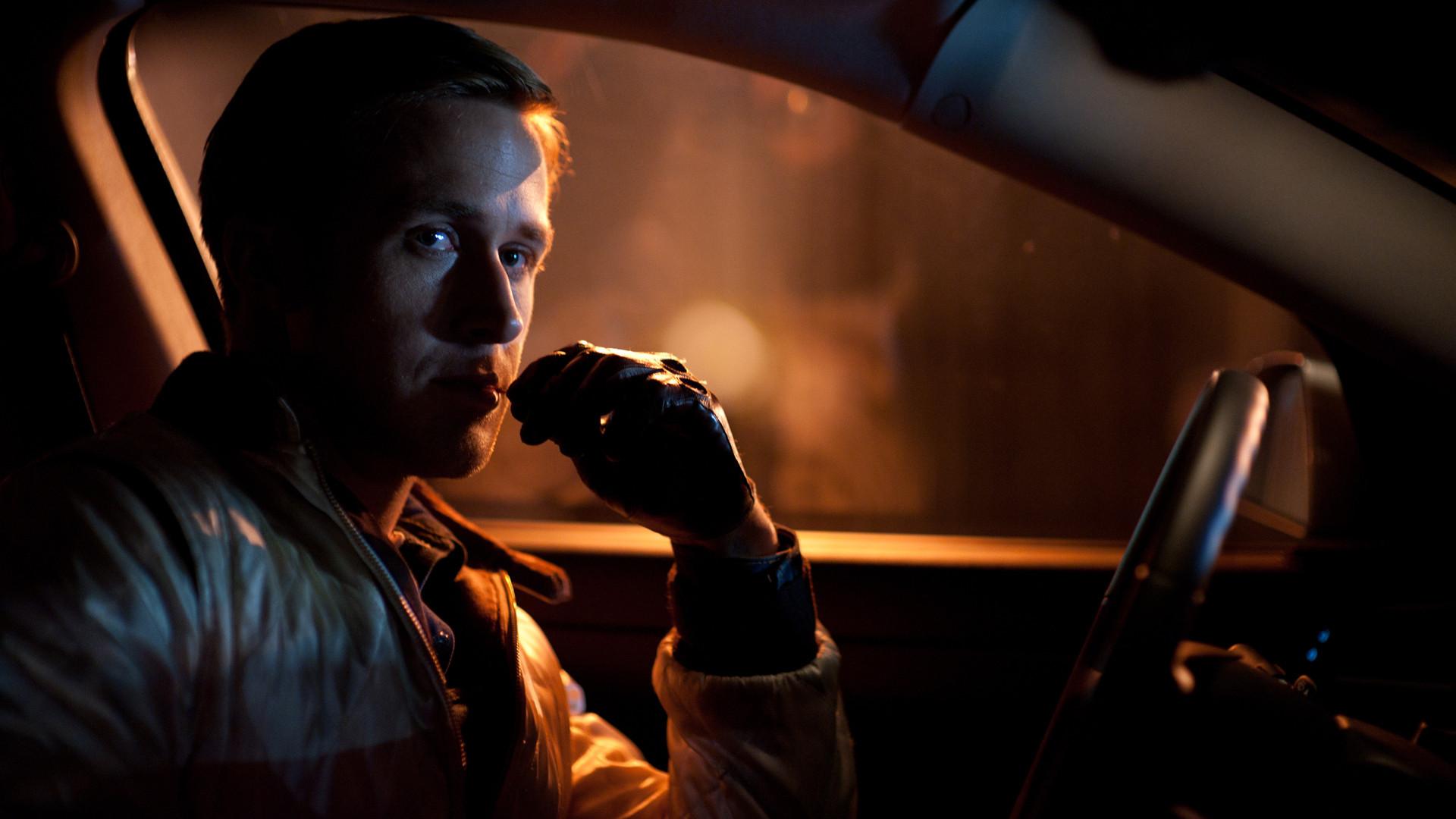
Taking some noticeable cues from Jean-Pierre Melville’s 1968 endlessly stylish existential hitman hit Le Samouraï, and Walter Hill’s 1978 crime classic The Driver, is Nicolas Winding Refn’s hyper-stylized neo-noir showpiece, Drive.
Ryan Gosling is perfectly cast as the tight-lipped driver, a Hollywood stuntman who moonlights as a getaway driver for a select cadre of Los Angeles-based criminals. Roaming the neon-lit and electric blue-hued streets of a nocturnal LA, dressed in a satin jacket bejewelled with a talisman-like golden scorpion––most assuredly a reference to Kenneth Anger’s Scorpio Rising (1964)––all to the pulse-pounding synth-soaked score of Cliff Martinez, Drive is a road trip in style, nuance, and understatement that is spiked by startling outbursts of nasty violence and the odd delicate moment of budding tenderness, too.
After a million-dollar heist gets horribly botched, and with his dreamy neighbor Irene (Carey Mulligan), and her young boy, Benicio (Kaden Leos) suddenly in dire trouble, can the Driver protect them both while settling an ungodly score? You better believe it.
5. City of God (2002)
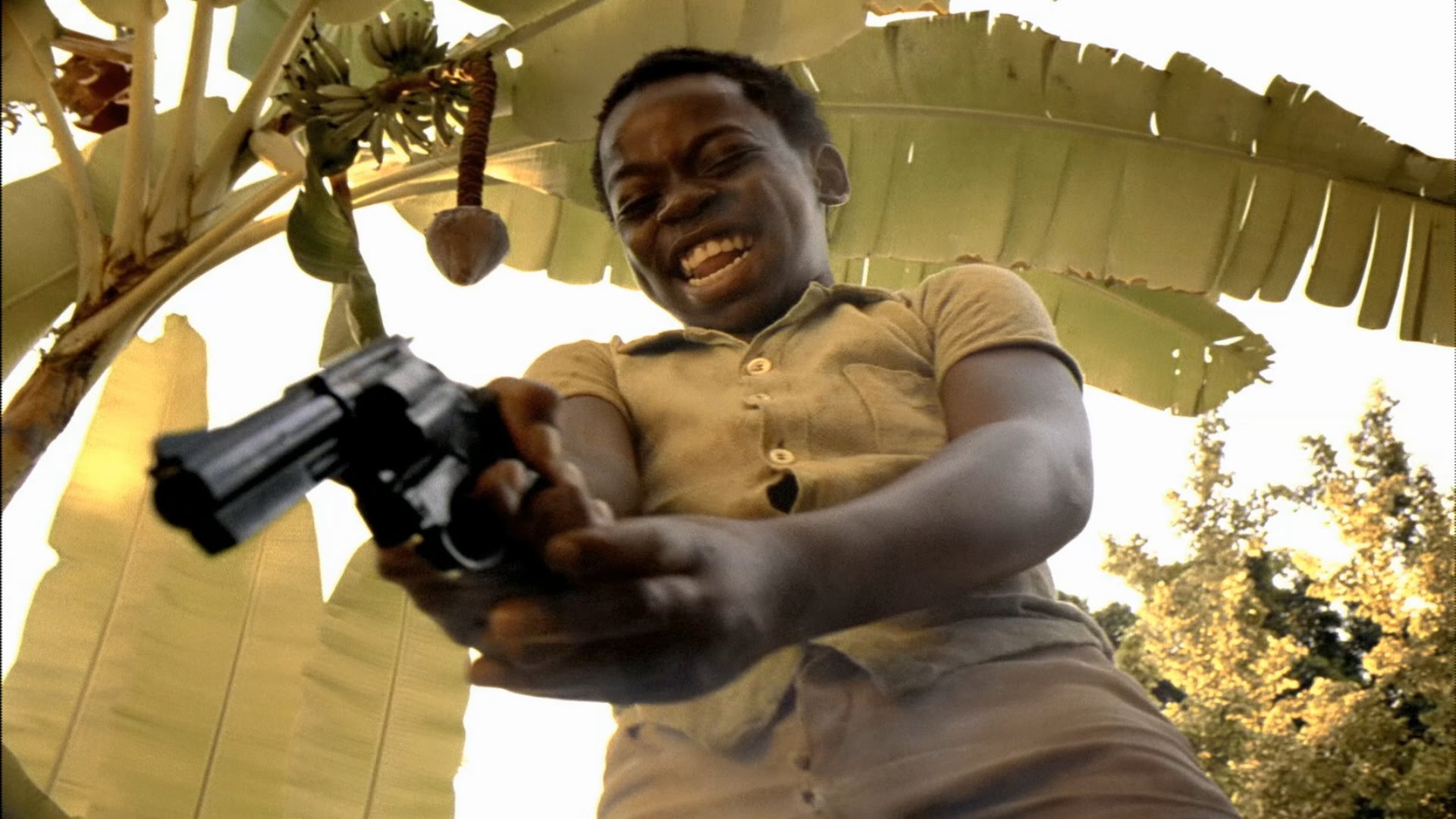
While it’s highly debatable that Fernando Meirelles and Kátia Lund’s City of God could not exist in a post-Scorsese/post-Tarantino world, this visceral, and ultra-violent crime epic that explodes from the poverty-afflicted favelas of Rio de Janeiro thrums to a vibrant beat all its own.
Adapted from Paulo Lins semi-autobiographical 1997 novel of the same name, City of God spans the late 1960s through to the early 1980s in Rio’s Cidade de Deus suburb, and the organized crime that manifests there, like a terrible cancer.
Alexandre Rodrigues is magnificent as Rocket, a sweet-natured boy and budding photographer who documents the growth of drug-related gang violence in his homelands. Also impressive in this multi-protagonist socio-political odyssey, almost like a rich anthology of tragedy, is Seu Jorge as the pushed-too-far “Knockout Ned,” and a marvelously impressive collection of some of the finest child actors ever to grace the screen (their scenes of bloodlust and violent outrage are absolutely harrowing).
In turns beautiful, funny, horrific, humane, shocking, vulgar, tragic, and always thought-provoking, City of God is a model crime film that’s nearly impossible to shake. A must see.
4. Oldboy (2003)
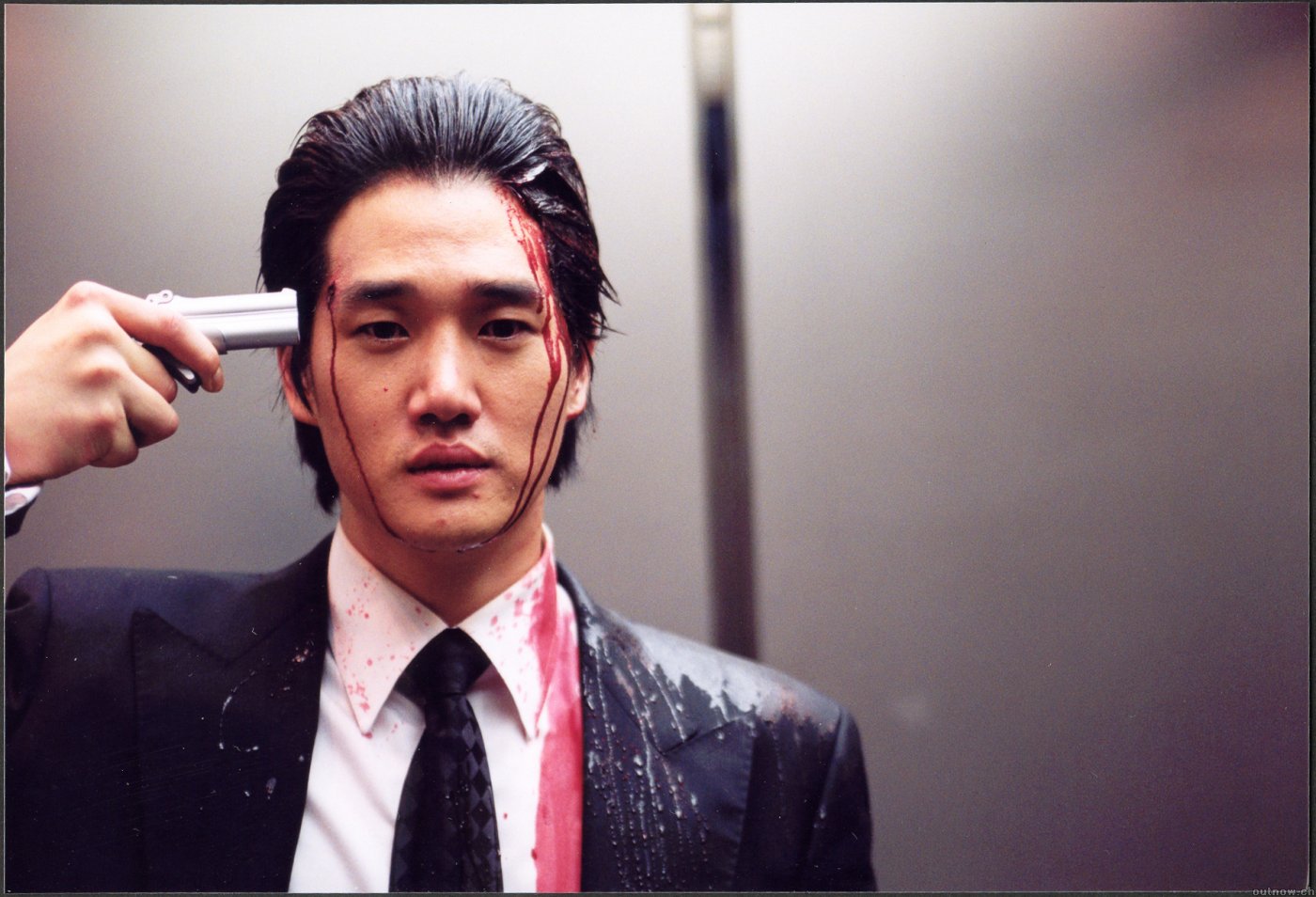
Park Chan-wook’s dizzying, macabre, and devilishly humorous neo-noir takes Nobuaki Minegishi and Garon Tsuchiya’s 1990s Japanese manga and fashions one of the most violent and shocking thrillers you’ll ever bear witness to.
The second installment of The Vengeance Trilogy (preceded by 2002’s Sympathy for Mr. Vengeance and followed by 2005’s Sympathy for Lady Vengeance), the unforgettable Oldboy gives us the obnoxious and initially unlikeable
Dae-Su (Choi Min-sik), a belligerent drunk, freshly released from the clink and then promptly snatched from the street, only to awaken in a cell, where he mysteriously remains for the next 15 years. Drugged to unconsciousness when human contact is unavoidable, Dae-Su otherwise has only a TV set as company. And then, as sudden as his abduction, he’s released, and is invited to track down his jailer, hammer in hand.
There’s an infamous sequence with an octopus but surely it’s the film’s WTF brutal denouement that will linger with the viewer evermore. If you can stomach it, Oldboy is excellent and unshakable entertainment.
3. No Country for Old Men (2007)
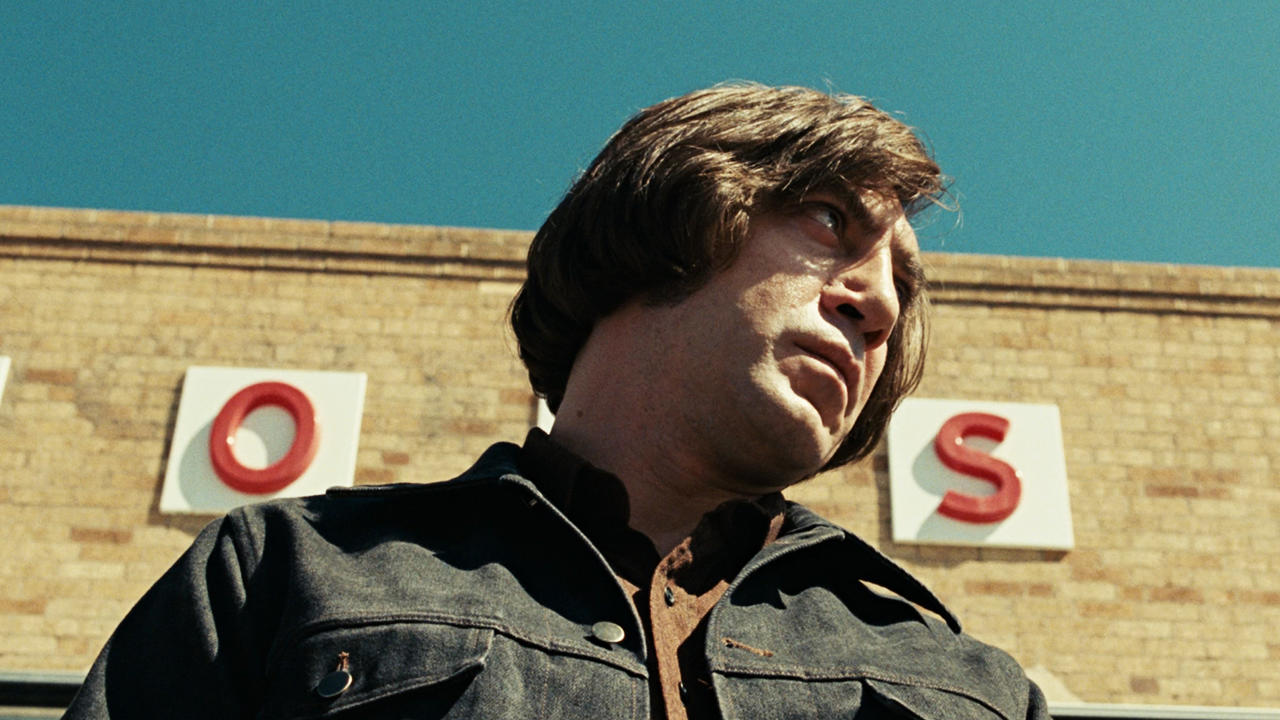
Based off of Cormac McCarthy’s bloody, brutal, and brilliant 2005 novel of the same name, No Country For Old Men is Joel and Ethan Coen’s uncompromising revisionist Western/crime thriller which contains, amongst other dark delights, Javier Bardem’s absolutely terrifying turn as hired hitman Anton Chigurh (“What’s the most you ever lost on a coin toss?”).
The pulpy plot, set in 1980, concerns lowly Llewelyn Moss (Josh Brolin), perpetually in the wrong place at the wrong time, having not much luck hunting in the Texas desert when he stumbles across the aftermath of a drug deal gone sour –– dead and dying men and their dogs, and could this be a suitcase with a cool two million dollars inside? Llewellyn takes the money and cheeses it and then his troubles begin. Soon Anton is hired to recover the money and nothing short of an act of God will stop him.
The New York Times’ A.O. Scott succinctly said it all when he remarked that “for formalists – those moviegoers sent into raptures by tight editing, nimble camera work and faultless sound design – it’s pure heaven.” It’s heaven alright, and it’s populated by fallen angels with crooked halos, too.
2. Memories of a Murder (2003)
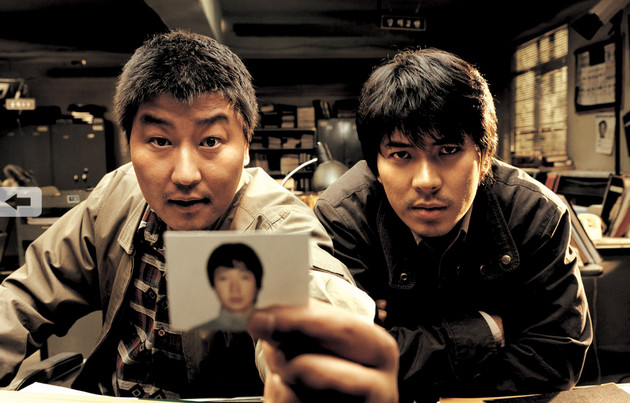
Bong Joon-ho (Snowpiercer, Okja) rose to international fame, as did his lead actor Song Kang-ho, in this startling South Korean thriller that, like several startling films on this list, is based off of actual events.
Memories of a Murder begins in the autumn of 1986 when a woman’s body is discovered in a field outside of Hwaseong, a city fringed by bucolic fields and farmland. Local detective Park Doo-man (Kang-ho) is out of his depth with the brutal crime – soon to be the first of several – and his bungling, ill-equipped team are soon bolstered by Detective Seo Tae-yoon (Kim Sang-kyung) from the mean streets of Seoul.
The film, a favorite of many auteur-adoring critics and filmmakers alike, including Quentin Tarantino, is wonderful and wise mixture of police procedural, detective film, black comedy, and social satire. It’s an elusive, at times frustrating film – the real-life crimes and those in the film never get satisfactorily solved – Memories of a Murder is one of the freshest and most formal serial killer films around, with enough surprises and shocks to keep viewers riveted and rattled until its final polished frame. A masterpiece.
1. Zodiac (2007)
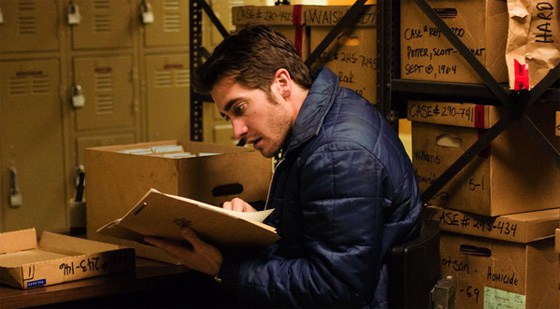
David Fincher’s Zodiac, arguably his first real and restrained masterpiece, confounds audience expectation by presenting a tale utterly lacking closure, and yet is still incredibly gripping throughout. Based on the true story of the ill-famed serial killer and the protracted manhunt he roused that ultimately lead nowhere, Robert Graysmith (Jake Gyllenhaal) is a San Francisco Chronicle political cartoonist––upon whom’s non-fiction book of the same name the film is based––who may just have figured out a way to crack the encrypted letters that the Zodiac has been taunting police and media with, pertaining to his past and future crimes.
“Zodiac is meticulously crafted,” raved Newsweek critic David Ansen, adding: “Harris Savides’s state-of-the-art digital cinematography has a richness indistinguishable from film – and it runs almost two hours and 40 minutes. Still, the movie holds you in its grip from start to finish. Fincher boldly (and some may think perversely) withholds the emotional and forensic payoff we’re conditioned to expect from a big studio movie.”
Gyllenhaal is mesmerizing as Graysmith, and leads a strong ensemble cast that includes Robert Downey Jr. as crime reporter Paul Avery and Mark Ruffalo as SFPD Inspector David Toschi (also in the A-list cast are Brian Cox, Elias Koteas and Chloë Sevigny).
For all its shaggy-dog digressions, and misleads, Fincher shows an amazing amount of stylish restraint in what adds up to a startling, discomfiting, and troubling tour de force, that is certainly one of the seminal pictures of the 21st century.
Honorable Mention:
Catch Me if You Can (2002, directed by Steven Spielberg), Mystic River (2003, directed by Clint Eastwood), Collateral (2004, directed by Michael Mann), Layer Cake (2004, directed by by Matthew Vaughn), Match Point (2005, directed by Woody Allen), The Beat That My Heart Skipped (2005, directed by Jacques Audiard), Red Road (2006, directed by Andrea Arnold), The Departed (2006, directed by Martin Scorsese), Gone Baby Gone (2007, directed by Ben Affleck), Hot Fuzz (2007, directed by Edgar Wright), Gomorrah (2008, directed by Matteo Garrone), In Bruges (2008, directed by Martin McDonagh), Bronson (2008, directed by Nicolas Winding Refn), Winter’s Bone (2010, directed by Debra Granik), The Yellow Sea (2010, directed by Na Hong-Jin), Miss Bala (2011, directed by by Gerardo Naranjo), Killing Them Softly (2012, directed by Andrew Dominik), Gangs of Wasseypur (2012, directed by Anurag Kashyap), Ain’t Them Bodies Saints (2013, directed by David Lowery), American Hustle (2013, directed by David O. Russell), Inherent Vice (2014, directed by by Paul Thomas Anderson), Gone Girl (2014, directed by David Fincher), The Nice Guys (2016, directed by Shane Black), Hell or High Water (2016, directed by David Mackenzie).
Author Bio: Shane Scott-Travis is a film critic, screenwriter, comic book author/illustrator and cineaste. Currently residing in Vancouver, Canada, Shane can often be found at the cinema, the dog park, or off in a corner someplace, paraphrasing Groucho Marx. Follow Shane on Twitter @ShaneScottravis.